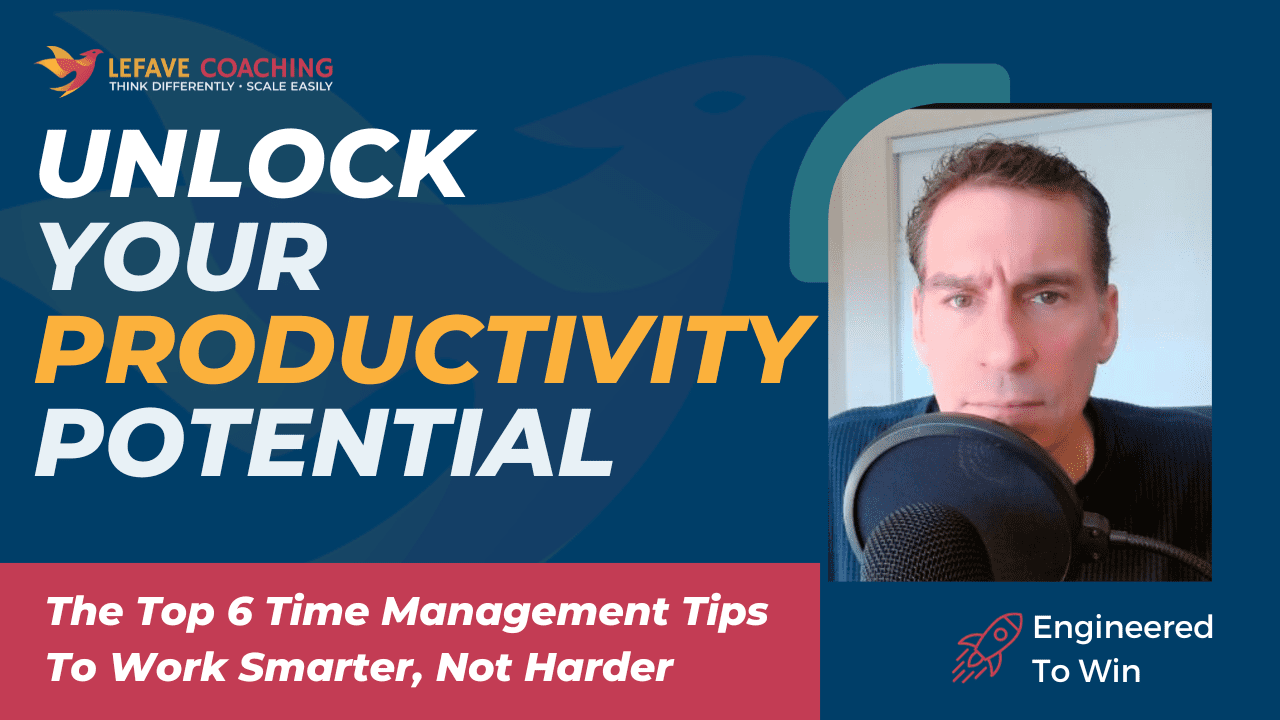The only way to achieve what we want in life, is to set specific actionable goals. That’s a lie!
For years this was how I approached my objectives. Each one was a goal to be reached.
I set goals for the grades I wanted to get in school, for the shape I wanted my body to be in, for the income I wanted to earn in my business. I succeeded at a few but failed at many.
At that moment, I realized that my results had little to do with the goals I set but everything to do with the roadmap I designed and the systems I followed.
What’s the difference between goals and systems? Goals are about the results you want to achieve in life. Systems are about the processes that lead to your results.
If you completely ignored your goals and only focussed on your system, do you believe that you would still succeed? I think you would. Let’s break that down.
Are goals completely meaningless? Of course not. Goals are good for setting your direction, but systems are best for making progress. When you spend too much time thinking about your goals and not enough time designing your systems, problems will arise.
There are the three big misconceptions that stop people from making money, scaling their business and living the life of their dreams.
Problem #1
If successful and unsuccessful people share the same goals, then setting goals cannot be what differentiates the winners from the losers. Goal setting suffers from a case of survivorship bias. We naturally concentrate on the people who end up winning, the survivors, and mistakenly assume that ambitious goals led to their success while overlooking all the people who had the same objective but didn’t win. Every Olympian wants to win a gold medal. Every business owner wants to impact people with their products, be profitable and live a meaningful life.
Problem #2
Achieving your goal is only a momentary change. Imagine you have a process that your team needs to follow and you set a goal to solve it by a certain date. If you summon the energy to organize and prepare to meet with your team to get their agreement to take on the new process, then you will have solved it, for now. However if you maintain the same micromanaging habits that led to you being involved in the time sucking process in the first place, soon you’ll be checking on your team to see if it was done properly and hoping for another burst of motivation. You were left chasing the same outcome because you never changed the system behind it. You treated the system without addressing the cause… your mindset.
We think we need to change our results, but the results are not the problem. What we really need to change are the systems that caused those results. When you solve problems at the results level, you only solve them temporarily. To improve it for good, you need to solve the problem at the systems level. Fix the inputs and the outputs will fix themselves. Make sense?
Problem #3
You assume that once you reach your goal then you’ll be happy. The problem with a goals first mentality is that you’re always putting off happiness until that next milestone is achieved. I've fallen into this trap so many times throughout my life that I’ve lost count. For years, I believed that happiness was always something for my future self to enjoy. I promised myself that once I had a toned body or after my business was impacting millions, then I could finally be happy.
Consequently, goals create an either or conflict. Either you achieve your goal and believe you are successful or you fail and you feel disappointed. A system's first solution provides the antidote.
The purpose of setting big goals is to win the game.
The purpose of building systems is to continue playing the game efficiently and effectively.
True long-term thinking is goal-less thinking.
It’s not about one single accomplishment. It’s about the cycle of endless refinement and continuous improvement.
Truthfully, it’s your commitment to the process that will determine your progress.
Your outcomes are a lagging measure of your actions.
Your health and well-being is a lagging measure of your eating and exercise practices.
Your income is a lagging measure of your financial disciplines. You get what you repeat.
If you want to predict where you will end up in life, all you have to do is follow the breadcrumb trail of tiny gains or tiny losses and you’ll see how your daily choices and actions will compound 10 or 20 years into the future.
Time magnifies the margin between success and failure. It will multiply whatever you feed it. Focused and disciplined actions make time your ally. Distracted and spontaneous actions make time your enemy.
Unfortunately, the slow pace of transformation makes it easy to procrastinate and let things slide.
If you eat unhealthy food today, the scale doesn’t move much.
If you procrastinate on a project and put it off until tomorrow, there will likely be time to finish it later.
If you work late tonight and sacrifice family time for your business, they will forgive you.
A single decision is easy to dismiss.
But when we repeat little errors, day after day, by replicating poor decisions, duplicating tiny mistakes, and rationalizing little excuses and reasons, our small choices compound into toxic results.
A slight change in your daily actions can guide your life in a very different direction.
Making a choice that is slightly better or slightly worse seems insignificant in the moment, but over the span of moments that make up a lifetime these choices determine the difference between who you are and who you are capable of becoming.
Success is the product of consistent and persistent daily actions, not once in a lifetime transformations.
It’s only when we look back two, five or perhaps 10 years later that the value of good practises and the cost of bad ones become strikingly apparent.
If you’re having trouble making progress and scaling your business, the problem isn’t you. The problem is your system.
Patterns of distraction and inaction repeat themselves again and again not because you don’t want to change, but because you have the wrong system for change.
Focusing on the overall system rather than a single goal is the solution to scaling your business without sacrificing yourself and your family for your business.
It doesn’t matter how successful or unsuccessful you are now. What matters is whether your daily actions are putting you on the path toward success and the life you want.
You should be more concerned with your current trajectory than with your current results.
We make a few changes to our business, but the results never seem to come quickly and so we slide back into our previous patterns of thought and inaction.



